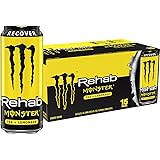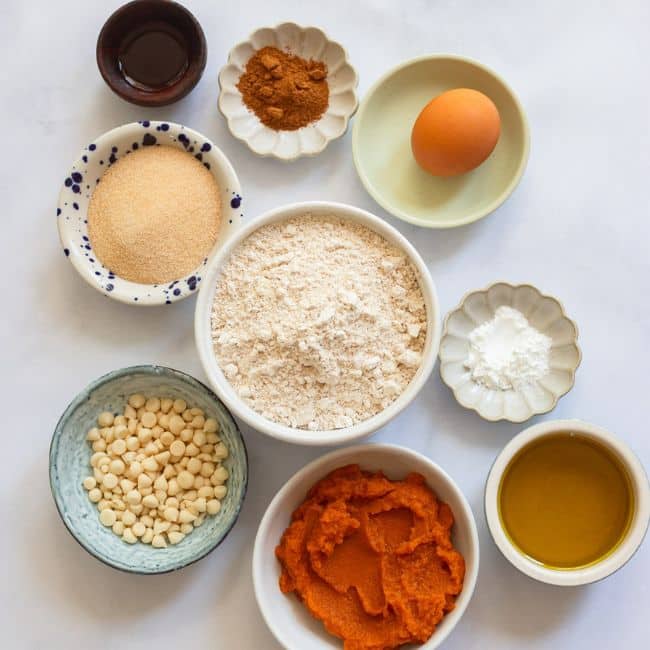Is Your Body Silently Triggering a Stroke? 6 Alarming Symptoms Inflammation Hides—Don’t Sleep on These!
Ever wonder why some women, despite ticking every health box—regular check-ups, sweating it out at the gym, and eating all the right greens—still end up facing heart attacks or strokes? Yeah, it’s baffling, right? Well, new research is shedding light on this mystery, pointing to sneaky little inflammation symptoms as the silent alarm bells many of us tend to overlook or shrug off as just a minor nuisance. The kicker? These subtle signs might actually be your body’s early warning system, whispering to take action before it’s too late. And trust me, once you get wise to what these symptoms look like, you can grab the reins on your heart health rather than letting fate call the shots. Ready to outsmart inflammation and keep your ticker ticking strong? Let’s dive in! LEARN MORE

New research has identified why some women who do everything right—have routine check-ups, exercise and eat a balanced diet—still suffer from heart attacks and strokes. It turns out subtle inflammation symptoms, which are easy to miss or brush off as a minor bother, could be your early warning system. The good news? Once you know what to watch for, you can take control of your heart health.
The link between inflammation and heart health
A new study published in August by Mass General Brigham researchers found that many women at risk of stroke and heart attack, who were never flagged in typical traditional screening processes, might have a high level of an inflammatory marker called hsCRP. This helps explain why some women with no risk factors have heart attacks and strokes, and gives both doctors and patients a better picture of what to watch for.
These women have been labeled in the study with the term “SMuRF-less but Inflamed.” These aren’t the cute little blue cartoon creatures, but rather those without “standard modifiable risk factors.” These risks that typically increase the odds of a heart attack or stroke include high blood pressure, high cholesterol and diabetes. In the world of preventative cardiology, helping SMuRF-less women has been an “elusive goal” and hard to figure out—until this breakthrough.
Researcher Paul Ridker, MD, MPH, noted, “Our data clearly show that apparently healthy women who are inflamed are at substantial lifetime risk. We should be identifying these women in their 40s, at a time when they can initiate preventive care, not wait for the disease to establish itself in their 70s when it is often too late to make a real difference.”
What is inflammation, anyway?
You’ve likely heard the term thrown around, though it can seem like a vague concept without any clear specifics to help women know where or how it has begun. A 2024 study found that 34 percent of adults in America have inflammation in the body, with lower socioeconomic and minorities more often affected.
“Inflammation is a complex process that responds to harmful stimuli such as injury or infection,” says Cheng-Han Chen, MD, a board-certified interventional cardiologist and medical director of the Structural Heart Program at MemorialCare Saddleback Medical Center in Laguna Hills, CA. “It’s an important part of the body’s healing process and typically acts behind the scenes. An example might be if you get a fever during an infection.”
“However, if an inflammatory process becomes chronic, it can potentially cause harmful effects to different parts of the body,” he continues. “For instance, there are many autoimmune disorders that result from abnormal functioning of the body’s natural inflammatory system.”
He adds that you can have elevated blood markers for inflammation without having symptoms, and for those who do have symptoms, it can be hard to identify that they are from inflammation.
Inflammation symptoms women need to know
Catching—and treating—inflammation early is key to reducing your risk of serious heart troubles. Dr. Chen and Lisa Forbess, MD, a cardiologist at the University of Maryland Medical Center in Baltimore, say to be on alert for the following symptoms of inflammation:
- Joint stiffness, muscle aches or pains
- Fevers or night sweats
- Rashes, redness, blisters or skin changes
- Fatigue
- Gastrointestinal issues such as persistent nausea, vomiting, diarrhea or abdominal pain
- Weight gain or loss
If you notice symptoms of inflammation, your doctor may order hsCRP and ESR tests, which Dr. Chen shares provide “some information” on the degree of inflammation. Annie DePasquale, MD, board-certified family medicine physician and Founder/CEO of Collaborating Docs, adds that additional testing might be done including ApoB and Lp(a) test to “help quantify particles that interact with inflammation” and a coronary artery calcium (CAC) scan, which is “a quick way to visualize plaque burden and refine risk in midlife and older adults.”
“Problems arise with chronic, low-grade inflammation that smolders for years.” —Annie DePasquale, MD
Once inflammation has been identified, physicians can address the increased risk for heart attack and stroke. “Problems arise with chronic, low-grade inflammation that smolders for years,” Dr. DePasquale says. “In the heart and blood vessels, it can irritate the artery lining, accelerate plaque growth and make plaques more likely to rupture, which triggers heart attacks and strokes even if you otherwise feel well.”
How to reduce inflammation: 6 easy tips
If your doctor confirms you have inflammation, you’ll want to make some smart lifestyle changes to protect your heart health in the long term. No surprise here: Diet and exercise are key to reducing chronic inflammation and, according to the new study, an increased risk of heart attack and stroke. Here’s what can help:
Correct nutrient deficiencies
Michelle Routhenstein, cardiology dietitian at EntirelyNourished.com, says that nutrient deficiencies “significantly increase” inflammatory markers. “Aim for sufficient, not excessive, intake of key nutrients like calcium, B vitamins, folate, vitamin C, lean protein, fiber and heart-healthy fats, primarily through food, to help combat inflammation and feed your heart and body what it needs to thrive,” she says.
Consider a Mediterranean diet
Dr. DePasquale advises adopting a Mediterranean style diet, with “colorful plants, legumes, nuts, olive oil, fish, adequate protein and fiber (25 to 30 grams per day), as well as limiting ultra-processed foods, refined sugars and trans fats.”
Walk Fido
“Aim for 150 to 300 minutes a week of moderate aerobic activity plus two or more days of resistance training” to help reduce inflammation and curb the risk of heart trouble, Dr. DePasquale says.
Sleep in
“Target seven to nine hours of sleep per night, treat sleep apnea (if you have it) and practice stress-reduction [such as] CBT, breathing, yoga and spending time in nature,” notes Dr. DePasquale. (Check out more stress-relief techniques here.)
Keep up with dental visits
Surprisingly, staying on top of your oral care can ease inflammation symptoms and protect your heart health too. “Brush and floss daily and keep up with routine dental cleanings—gum disease fuels systemic inflammation,” explains Dr. DePasquale.
Manage risk factors
As much as you’re able, avoid alcohol, smoking and vaping, all of which can increase inflammation. And if you have health conditions or a chronic inflammatory disease, work with your doctor to manage it successfully. “Control high blood pressure, glucose and lipids, and consider statins or other therapies when indicated,” Dr. DePasquale adds.
The bottom line on inflammation symptoms
The most empowering part of this new research? It gives you the knowledge to take control of your heart health early, when these changes can make the biggest difference. By staying alert to these inflammation symptoms and taking heart-smart steps, you protect your ticker for years to come.




















Post Comment